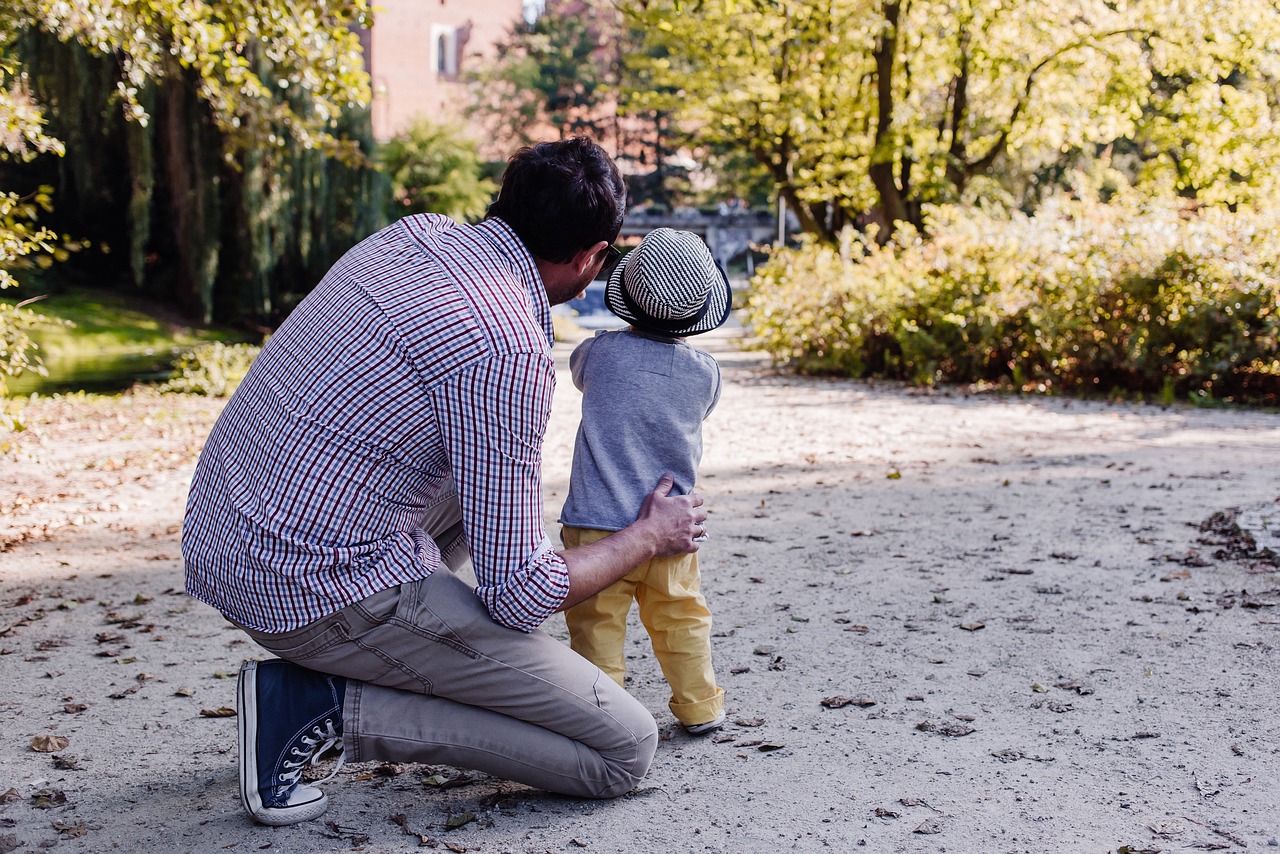This is a day dedicated to raising awareness and highlight the importance of children’s well being and happiness. While it is a day to commemorate and celebrate the joys of childhood, it is also an opportunity to address the pervasive issue of childhood trauma. Childhood trauma can impact a person’s entire life, hindering personal growth and well-being. This is where the concept of the inner child comes into play.
For those of you who have followed our journey on Instagram from the infancy of the business (@MutedHealing), you may remember a series called ‘Counselling Conversations’ in which I shared small parts of my therapy / coaching sessions where I was unpacking my own inner child.
What is the inner child?
Our inner child is the part of us that carries our childhood experiences and memories. It is the child within us that lives on in our present, influencing our thoughts and actions without us realising it. Unhealed childhood trauma can adversely impact our inner child, leading to emotional distress, anxiety, depression, and negative behaviour patterns.
These all show up in out adult life and may be the reason for blockages in our personal relationships, intimacy, and even professional life. When our inner child is part of that cycle of trauma, we often perpetuate it in our adult lives and recycle it. Isn’t it time we did better for the next generation?

Personal experience
Let me explain it through one of my own ‘Counselling Conversations’- I once approached my coach (who is also a qualified therapist) about my ‘Mr Fix-It Attitude’. I had this incessant need to strive for perfection in personal and professional relationships. I always had a heightened awareness for people’s body languages and often interpreted a silence or a look as though someone was upset at me. Everything was either dramatized or personalised, and I just wanted to talk about it and keep probing until I could fix things. This can be counter-productive (and maybe even narcissistic) because I was making a person’s emotions about me. It could be a whole plethora of reasons as to why that person isn’t perhaps responding as they normally would, but instead of giving them space, I would probe (often to their annoyance), or create gestures to ‘fix it’.
Through the safe space that my coach created, I was able to talk through slowly, and without judgement. She asked the right questions, posed the right metaphors, fed back, and paraphrased my own words to me so that I could hear them from a different voice rather than the one that was in my head, the one that my inner child was conditioned to hear.
Through this safe space, I discovered that I felt triggered in these moments because I grew up in a home where my primary caregiver didn’t know how to manage their emotions, so conflict or disagreement sent me into fear. I immediately wanted to ‘fix things’ or be on my best behaviour so as not exacerbate the situation. And unfortunately, in my adult life, this inner child was being awakened, so, I would not give my partners/colleagues space, even if they need or request it.

The importance of coaching in healing childhood trauma
Coaching can be a powerful tool to help individuals heal their inner child and overcome the negative impacts of childhood trauma. A coach can provide a safe and supportive environment for individuals to revisit their childhood experiences and identify the source of their inner pain. By understanding the root cause of their trauma, individuals can begin to develop strategies to heal and move forward.
Coaching can help individuals connect with their inner child, providing a powerful healing opportunity. By creating a nurturing and supportive environment, a coach can help individuals connect with their inner child and understand the emotions they experienced during their childhood. This can help individuals to accept and process their childhood traumas, reclaim their power, and move forward with their life.
Honestly, this was probably the most ground-breaking thing I experienced with my own coach. For years, I had been stuck in a cycle of addiction. I had questions about things that happened, and had been searching for answers my entire life. But having a trauma-informed coach meant that she explained alternative viewpoints, and gave me the space to make my own journey. A space that nobody else had ever offered before. I didn’t need advice from friends. I didn’t need comfort from family. I needed a listening space for me to make connections and work things out for myself.
Often, individuals who have experienced childhood trauma are afraid to confront their past. A coach can guide and support individuals whilst providing comfort and reassurance along the way. This enables people to take control of their lives, let go of their past hurts and move forward with a new sense of purpose and direction.
In conclusion, national children’s day UK serves as a reminder of the importance of cherishing our inner child and supporting individuals in healing any childhood trauma. If you do decide to get in touch with a professional counsellor or a coach to revisit your inner child then do make sure that they are licenced and insured in the work that they claim to do. The most important thing is that you vibe well with them and that you are in safe hands. A good coach will always let you know if the match is not appropriate and will even guide you to better support services.
#NationalChildrensDayUK #healinginnerchild #childhoodtrauma #coachingforwellbeing #innerchild

